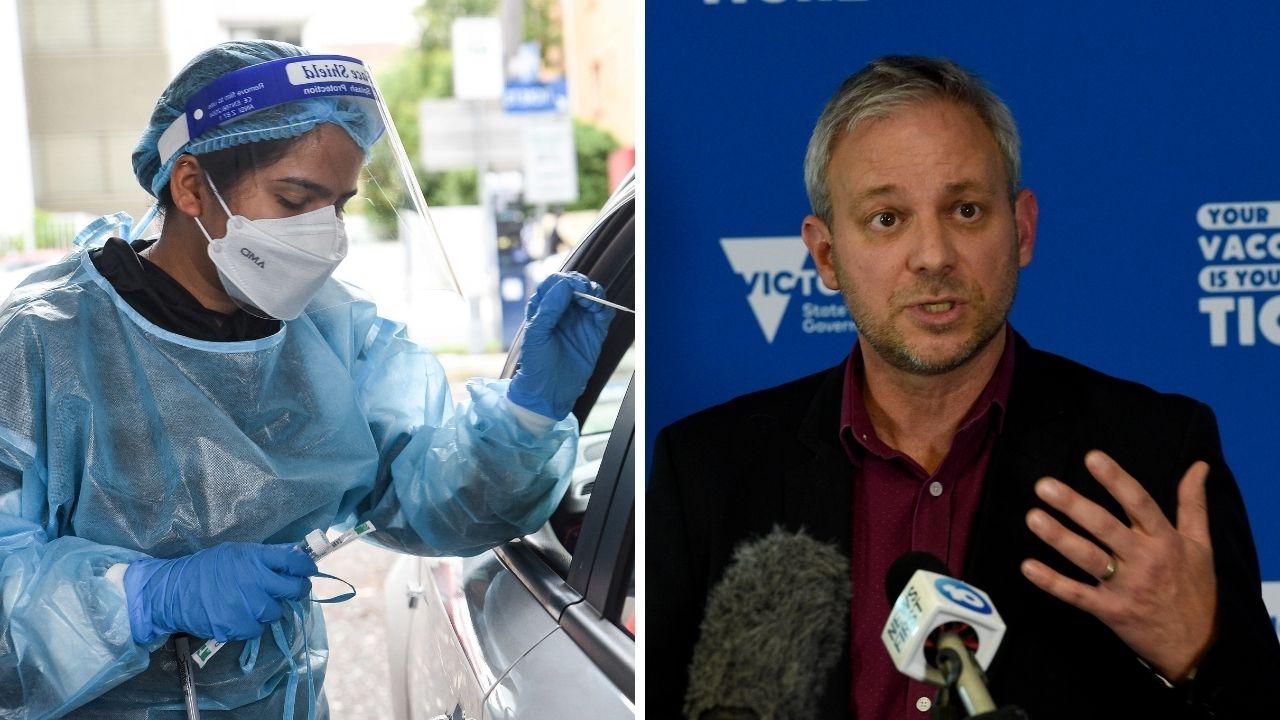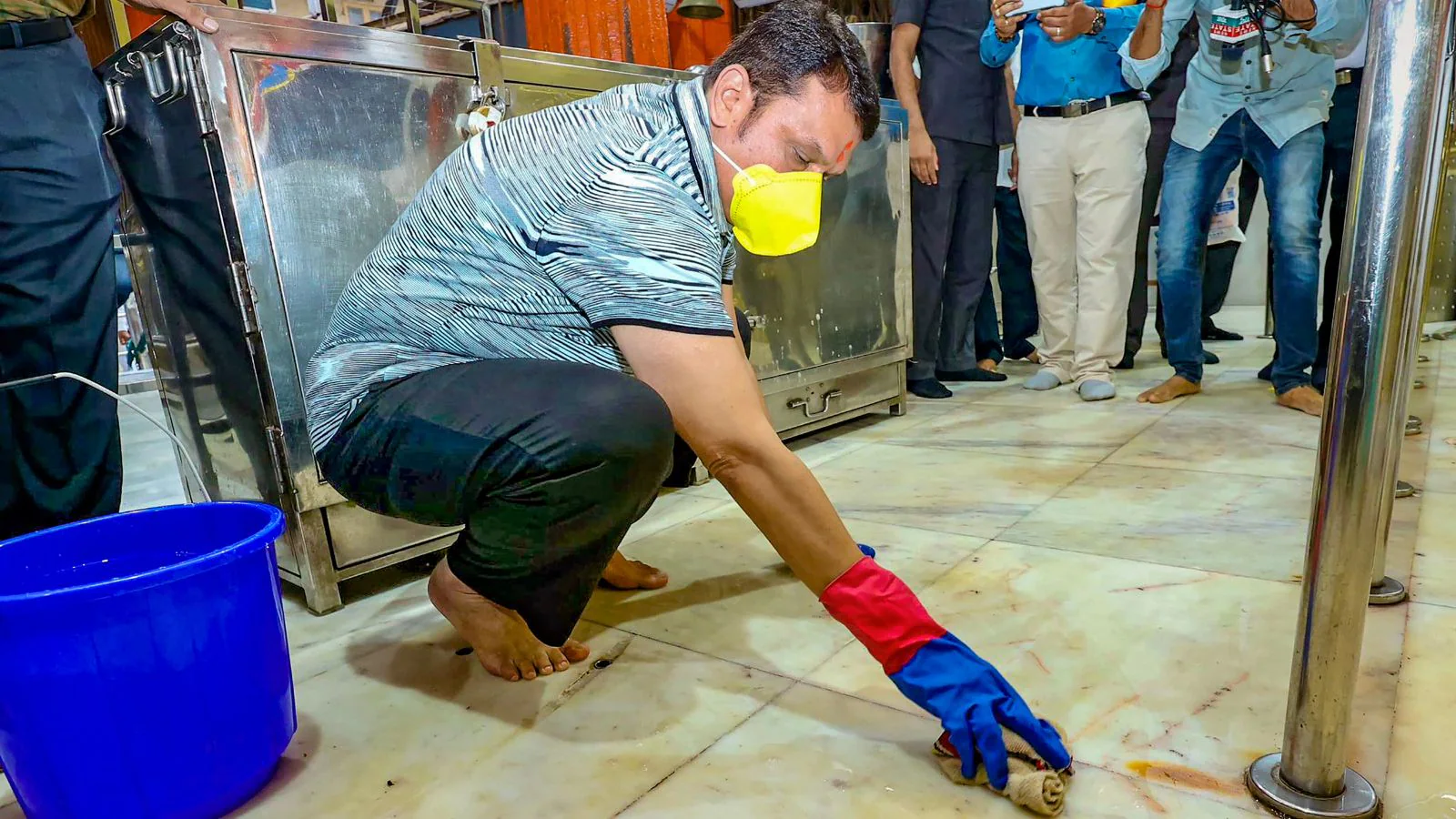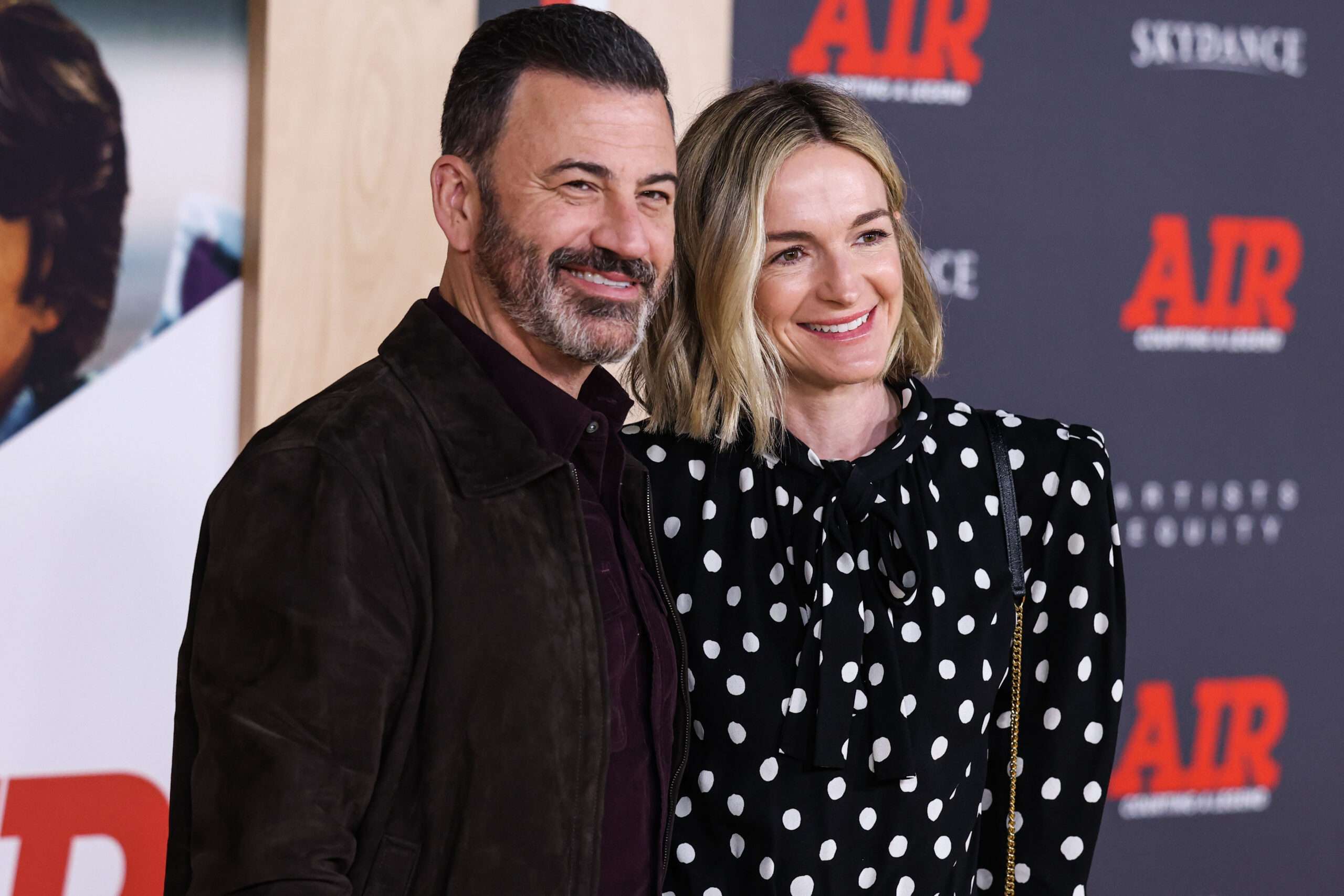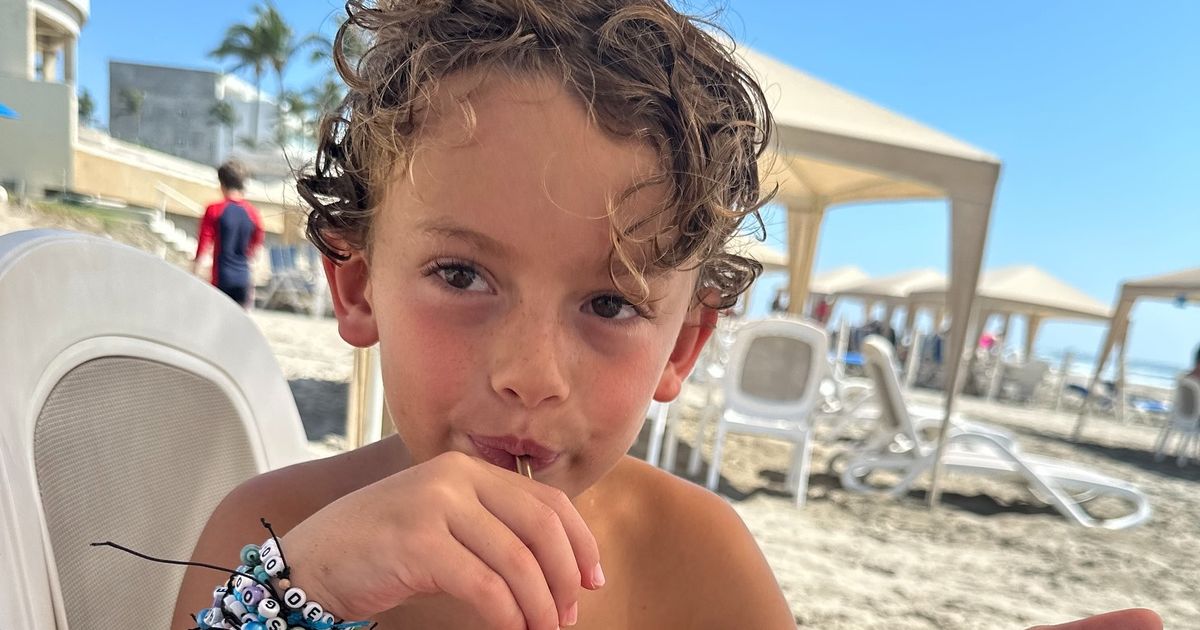By Andrew Hedgman
Copyright news

Professor Brett Sutton, the former Victorian chief health officer who engineered one of the world’s toughest pandemic strategies, has spoken candidly about the lessons learned, what went wrong, and what could be done differently next time.
“Touching elbows was probably never necessary. They’re the things thst we learn as we go,” Professor Sutton told the Neil Mitchell Asks Why podcast.
“And through a hundred years of understanding infectious diseases, we overemphasised the idea that it’ll pass through surfaces or handshakes or droplets spread when the reality was, it’s in our breath.
“It’s very unlikely to spread through surfaces. You didn’t have to wash down the groceries.”
While Professor Sutton stressed handwashing and sanitiser weren’t harmful, he said their role was more critical in preventing bacterial infections in hospitals than in stopping airborne viruses.
In the rare interview, Professor Sutton, now director of Health and Biosecurity at the CSIRO, described the pandemic as a “horror show,” admitting there were mornings he wanted to quit.
However, he warned that society cannot simply forget the experience.
“We don’t want to talk about it much. The reality is we should do our utmost by continuing to focus on the planning and prevention so that the response and recovery bits are made easier,” he said.
Victoria endured some of the harshest lockdowns globally, including curfews and limits on travel beyond five kilometres from home.
The state spent a total of 262 days in lockdown by the time vaccination rates rose, a stark contrast to NSW, which had less than half the days locked down despite a larger population and fewer deaths.
“Maybe we will agree as a society that we never want to do that (lockdown) again. I’m okay with that,” Professor Sutton said.
“There are other ways to manage stuff. And if we all wore masks and we all got vaccinated and we all kept distances without them being mandated. That’s a potential path we can take.”
Professor Sutton acknowledged the sacrifices made by young people, who faced disruption despite being at low medical risk.
“They made a sacrifice for people who were most at risk, people on chemotherapy, people with immune suppression, people who are very elderly and in nursing homes,” he said.
“The children were constrained in their lives and that didn’t benefit them as much as it benefited others. But those other people, by God, needed the support of everyone.”
Professor Sutton also reflected on his own decisions during the pandemic. While legal constraints prevented him from discussing the details of his health orders, he said he takes full responsibility for his actions.
“Probably a list that’s too long for this podcast. Speed is of the essence. And so I think decision making around the settings that you should have is probably something that I would reprosecute many times in my mind,” he admitted.
Looking to the future, Professor Sutton warned another pandemic is likely within the next decade.
His current work focuses on planning and prevention, preparing the nation for challenges yet to come.
“I think I’m an emotional optimist, but an intellectual pessimist. We’ve got really profound challenges that will shape the nation and shape the world that are coming like a juggernaut,” he said.
“There’s no hard hat-wearing, ribbon-cutting solution that’s going to make it all good. A pandemic might be part of the juggernaut, I hope it’s not. We’ve got enough to worry about on our plate.”



